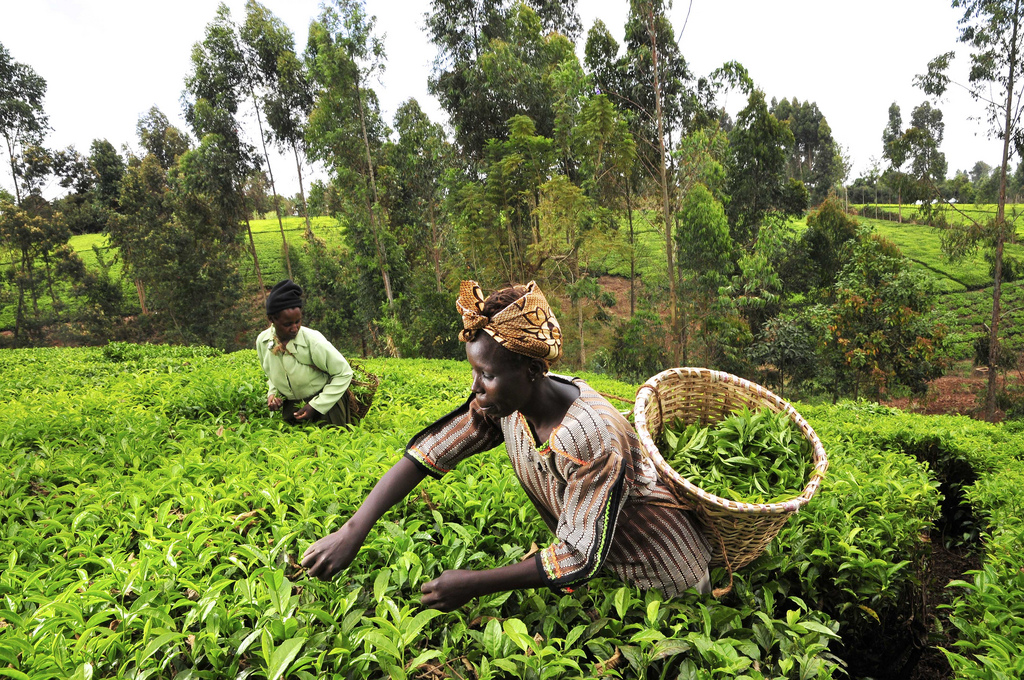The International Centre for Environmental Health and Development (ICED) has urged stakeholders and politicians to reform policies and support health insurance for women farmers as part of efforts to achieve climate justice in Nigeria by 2023.
Speaking at the recent Policy Advocacy Forum and Book Launch, which was held in Lagos, the Program Officer of ICEHD, Mercy Joshua, noted that women make up the majority of the world’s poor and are more reliant on natural resources than men, making them more susceptible to the effects of climate change.
She said: “We are calling on policymakers and all stakeholders to influence policy reform for mainstreaming gender in agricultural budgeting and financial I inclusion, to active climate change justice,”.
She explained that Nigeria’s climate has been changing, evidenced by the increase in temperature, variable rainfall, rise in the sea level and flooding, drought and desertification and land degradation, all of which disproportionately affect women and widen gender inequities.
Read also: Guilbeault says there is agreement at Montreal biodiversity talks
“As climate change hits small-scale farmers count losses because they are key to food security,” she said, adding that despite obstacles, the initiative has launched a project titled “Climate Justice and Economic Resilience for Women Farmers in Nigeria” with the assistance of the African Women’s Development Fund (AWDF).
She noted that the project aims to increase the number of rural women farmers in Nigeria skilled in climate-smart agriculture, publicly projects women’s voices on climate justice and advocates agricultural reform to advance women’s rights and sensitive policy officials on gender/climate change.
Story was adapted from Nation.
